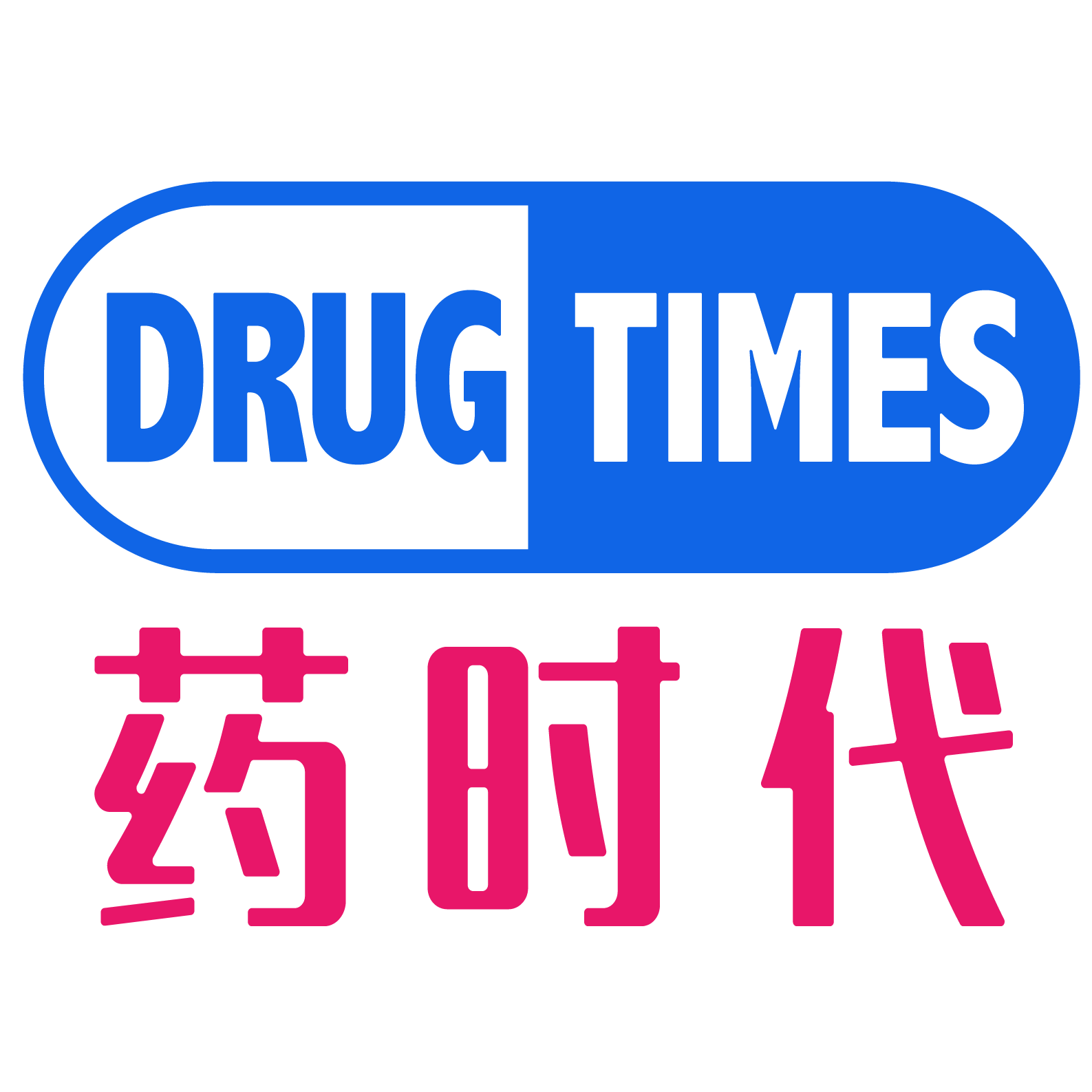“But if you refuse to step up, we will deploy every tool in our arsenal to protect American families from continued abusive drug pricing practices.”
At 1:34–1:40 a.m. on August 1, 2025, Beijing time, President Donald Trump posted 17 tweets in 6 minutes on his social media platform Truth Social. Each tweet was an open letter to one of the 17 multinational pharmaceutical companies, demanding that they implement the “Most Favored Nation” (MFN) policy within 60 days.
The 17 pharmaceutical companies are: Eli Lilly, Sanofi, Regeneron, Merck & Co., GSK, Johnson & Johnson, Genentech, Amgen, AstraZeneca, Novo Nordisk, Pfizer, Merck, Gilead, Novartis, Bristol Myers Squibb, Boehringer Ingelheim, and AbbVie.

(Source/Credit: White House. Same below)
The content of these 17 open letters is essentially the same, except for the recipient’s name. Interestingly, Trump made no secret of his “differential treatment” of the recipients, showing particular “attention” to Pfizer CEO Albert Bourla, Eli Lilly CEO David Ricks, and Regeneron CEO Leonard Schleifer. Trump crossed out the original printed salutations in the letters and replaced them with more familiar terms by hand.

The demands in the letters are very clear: to implement the MFN pricing policy as soon as possible. The MFN is not a new concept. At the end of Trump’s first term (2020), he signed an Executive Order related to “Most Favored Nation” drug pricing, attempting to lower the reimbursement prices for some Medicare drugs by comparing them to prices in other countries.
At that time, the initiative mainly targeted high-priced injectables under Medicare Part B, with an estimated savings of $85 billion for taxpayers over seven years and a reduction in the U.S.’s annual drug expenditure of over $400 billion. However, the policy was halted by a federal court before implementation because it had not gone through the proper administrative procedures. The court ruled that the presidential executive order could only affect Medicare payments and could not mandate drug price reductions for private insurers, pharmacies, or out-of-pocket patients without congressional legislation.
As in the past, given the lack of statutory authority for the government to implement this policy and the absence of any explanation from the White House, many industry observers are skeptical.
Analysts from Scotiabank of Canada believe that these letters actually expose the fragility of the president’s position. “Get ready for the complaints,” joked Scotiabank analyst Evan David Seigerman, “These clickbait-style statements are just empty talk. The government has neither the enforcement power nor the operational details.”
Leerink Partners went even further, stating: “The demands in the letters are simply unattainable.” The analysis pointed out that the U.S. government has no authority to force drug companies to adjust prices and cannot effectively regulate the repatriation of international drug prices.
It has to be said that the idea of raising drug prices outside the U.S. (i.e., increasing overseas revenue as mentioned in the letters) to subsidize lower drug prices in the U.S. is quite “novel.” Trump’s “rich imagination” must be praised.
This time, Trump’s direct “naming and shaming” of the pharmaceutical companies is undoubtedly a further hardline move following the signing of the MFN pricing policy. Moreover, on the same day, Trump “unusually quietly” signed an executive order (no live broadcast, no grand ceremony) to impose tariffs of 15% to 41% on goods exported to the U.S. from 67 trading partners, raising tariff levels to the highest in over a century. Unlike in April, the new tariffs will take effect on August 7, not the previously stated August 1.
In a sense, this tariff adjustment confirms the statement in the letters: “U.S. trade policy will strive to support this initiative.”

Now, the pressure is on the major multinational corporations (MNCs).
Pfizer said it is engaging in “productive discussions” with the government; Novartis said it is “carefully reviewing the letters”; AbbVie said it “looks forward to working with the president on this matter”; Merck said it is “willing to cooperate with the U.S. government”; and AstraZeneca has already made early moves, considering lowering the prices of some drugs and trying direct sales models to follow the pioneers like Eli Lilly and Novo Nordisk, bypassing intermediaries to reduce the burden of drug purchases for patients.
【Editor’s note】The above content (~3900 words) is a quick translation of a Chinese article (posted on 2025-07-31) by DrugTimes team. To read the original article, please click here. All comments are warmly welcome. Many thanks!
发布者:DrugTimes001,转载请首先联系contact@drugtimes.cn获得授权

 为好文打赏 支持药时代 共创新未来!
为好文打赏 支持药时代 共创新未来! 